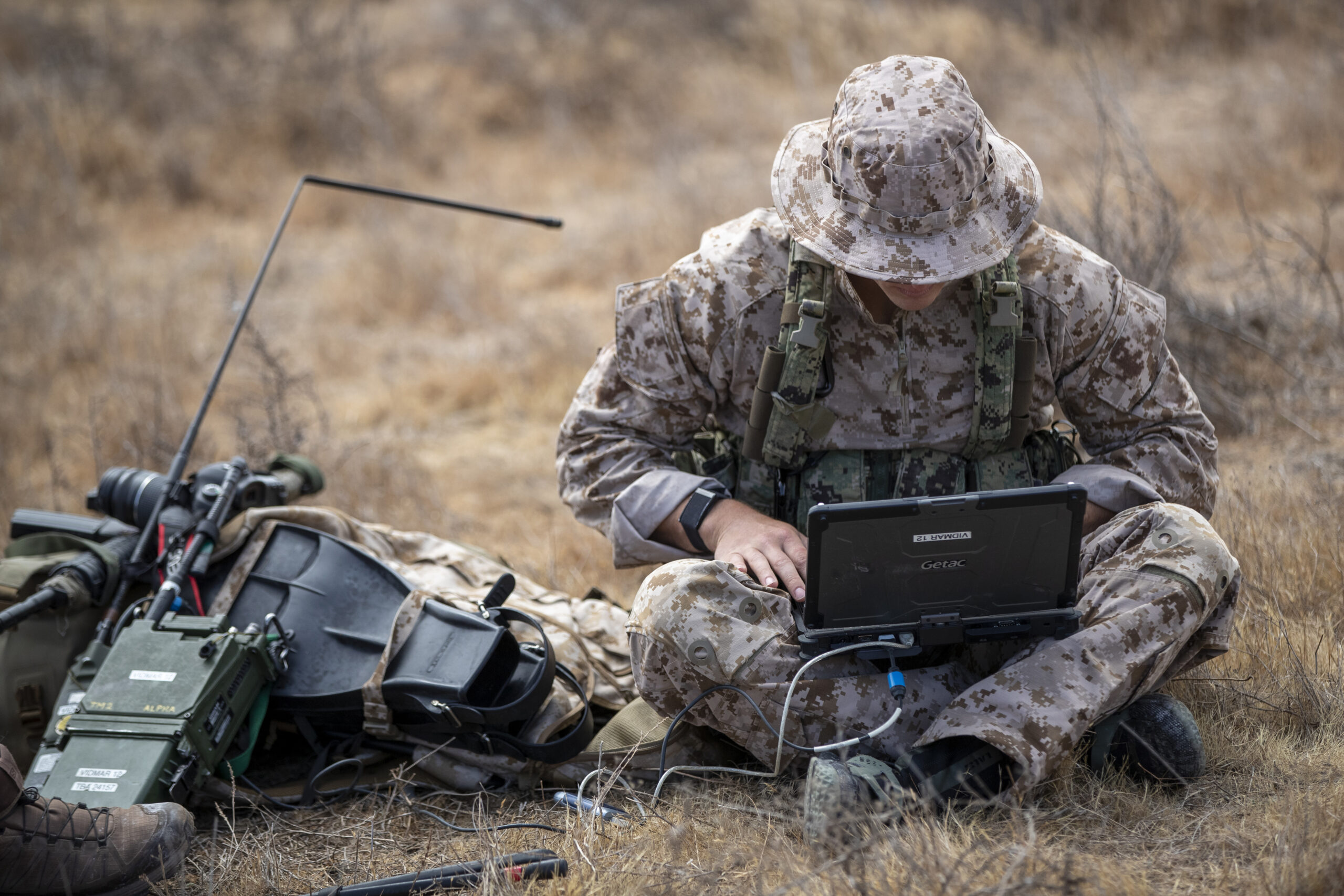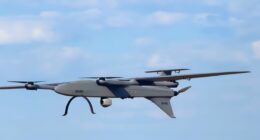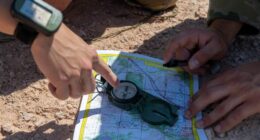The Australian Ministry of Defence has launched a quantum research project to boost secure timing and communications across the battlespace.
Led by the Defence Science and Technology Group (DSTG), the project aims to create and deliver a quantum-secured timing network featuring a ground-to-satellite optical quantum link.
Quantum tech uses subatomic particles, such as photons, to transmit data, audio, or video.
Optical Quantum Network
The optical quantum link will have two key components: optical ground stations and quantum light sources.
Linked to satellites, the stations will facilitate the transmission and reception of quantum particles carrying encrypted information.
The network will be impossible to spoof and difficult to jam or detect, allowing operations in contested environments without global navigation satellite systems.
Precise Transmission
Additionally, it will provide far more precise positioning data and allow synchronization of defense assets in battle.
“Establishing a link directly between the ground and a satellite is a key step towards allowing for the robust, secure and precise synchronisation of timing between Defence assets across a battlespace,” DSTG group scientist Ben Sparkes explained.
“The optical quantum link will also provide literally pin-point precision of relative force position due to the 1000-fold improvement in timing performance of QSTT (Quantum-Secured Time-Transfer) over GPS (Global Positioning System).”
Project partners include the Canberra-based Commonwealth Scientific and Industrial Research Organisation, the Australian National University, and the University of Western Australia.









